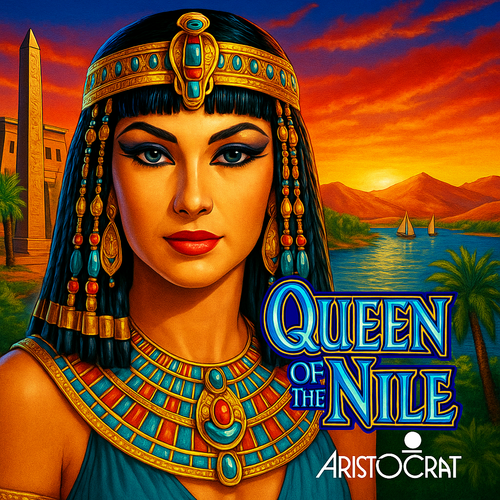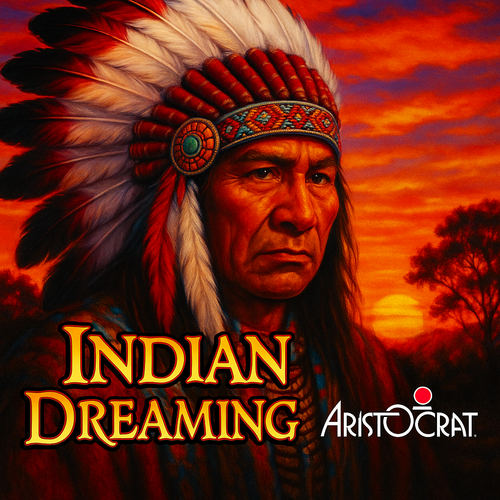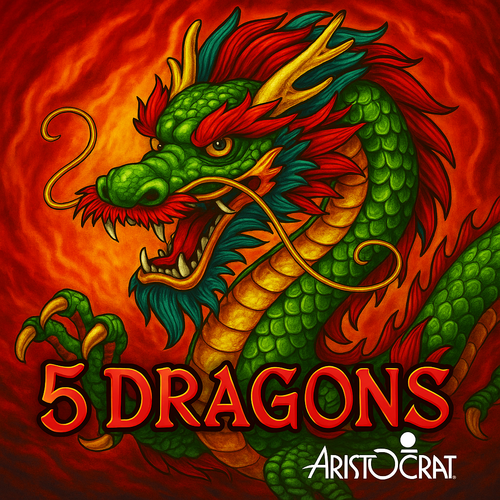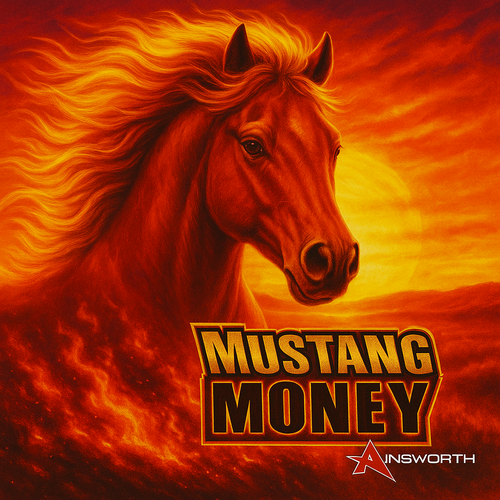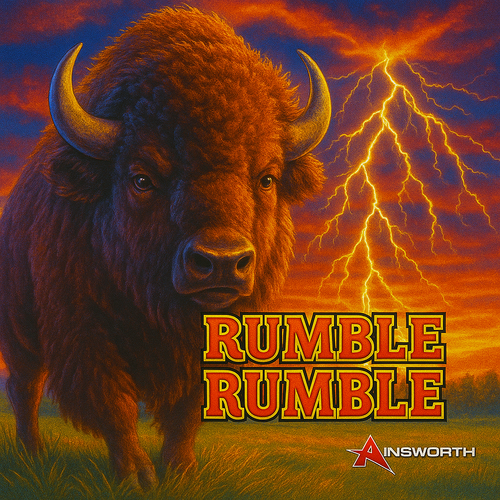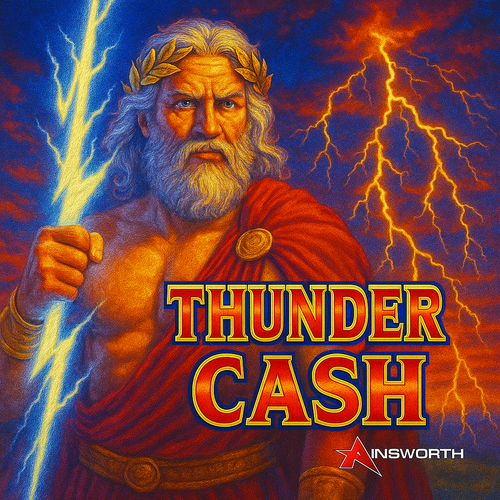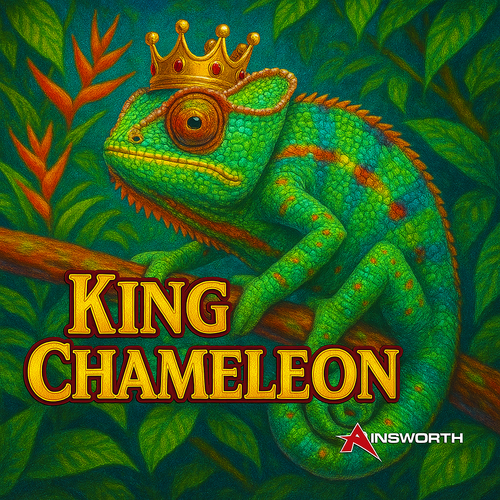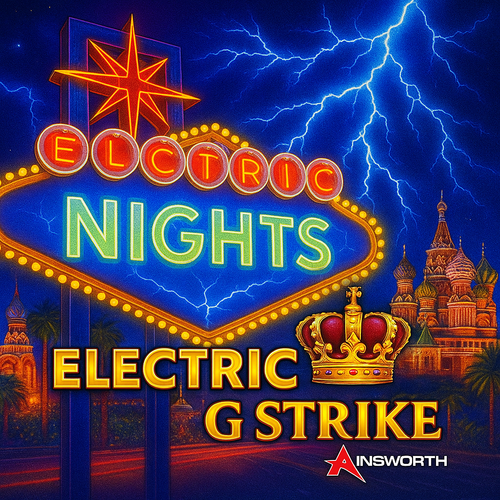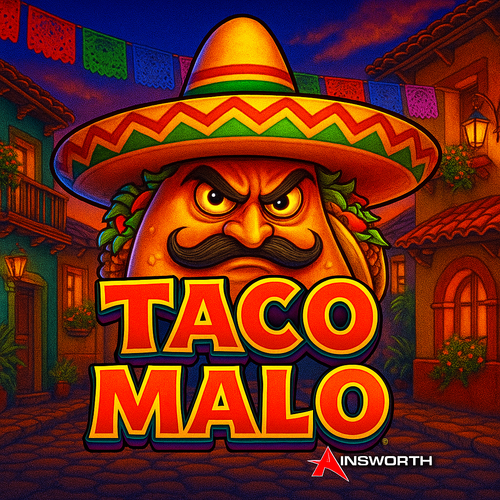What affects the chance of winning slots
1) Foundation: what makes a "chance"
RNG. The outcome of each spin is determined by a random number generator and is independent of previous results.
Reels and symbol weights. Each reel has "virtual stops" with different symbol rates. Rare characters (top peaks, Scatter, special Wild) are less common - this directly sets the probabilities.
Paytable and payout mechanics. Lines/ways/clusters, multipliers, respins, cascades - all this changes not "luck," but the distribution of winnings (how often and in what portions it pays).
RTP configuration. The same slot exists in several RTP versions (for example, 96. 5%/95%/94%). The operator selects the config. The higher the RTP, the higher the mathematical average return over the distance.
Volatility. Determines the shape of the distribution: low - more often and small (high hit frequency, low mults), high - less often, but larger (below hit frequency, thicker than the "tail" of large drifts).
Conclusion: "Chance of winning" is not one figure, but a set of probabilities: any win per spin, bonus per spin, ≥N× per spin, bonus payout profile, etc. They are asked by the mathematics of the slot.
2) What in your hands really changes the probabilities
Select a slot and its RTP profile. The strongest legal "setting." All other things being equal, prefer a config with RTP ≥ 96%.
Payment mechanics.
Lines: fixed/adjustable.
Ways to Win (243/1024/...): Raises the chance of any combination for spin.
Clusters: different coincidence logic; usually higher hit frequency in the database, but dependent on cluster sizes.
Number of active lines (in configurable slots). More lines → more likely to catch a line (and a bonus on linear Scatter), but higher spin cost. RTP usually remains close, the profile changes.
Ante Bet / Double Chance. A bet premium that increases the chance of a bonus trigger (sometimes changes Scatter tape/weights). Check how RTP changes: sometimes it grows, sometimes it remains the same (you pay for a chance).
Bonus Buy. Bonus probability = 100% for this purchase; the profile becomes "multiple more volatile." RTP can be comparable to the base game or different - see the rules.
Progressive/Drop jackpots.
In some games, the jackpot probability is proportional to the bet or requires a minimum beta/activation of the side bet.
Pool growth increases the share of RTP and the chance to "be in the black at a distance" precisely due to the jackpot tail (almost rare luck, but mathematics is improving).
Regional/casino configuration. The same title in different casinos/regional certifications may differ in RTP and, less often, in minor settings (bonus frequency within the tolerance) - check the "i."
Important: the size of the bet itself almost always does not change the probability of events (combo/bonus) - it scales payments. Exceptions: progressives with a threshold/weight from betting, games with "default lines" and rare steppers with a different paytable on different "coins."
3) What does not (or only indirectly) affect
Time of day, hot/cold slot, client restart, device/browser change, animation speed, Stop button. RNG/probabilities are unaffected.
Pace of play (spins/hour). Does not change the chances of one spin, but changes your contact with House Edge in an hour (more spins → more expected turnover and variance).
"Dogon," betting progressions. Do not affect the probability of the outcome of the next spin; only accelerate the risk of bankruptcy.
4) Metrics that make it convenient to measure "chance"
Hit Frequency - probability of any spin win.
Bonus Frequency - the probability of entering the spin bonus (or the average number of spins per bonus).
P (≥N×) is the probability of winning at least N × bets per spin/bonus.
Contribution to RTP - RTP share from the vs database from the bonus (shows where the value "sits").
Max Win Cap - upper ceiling of the multiplier (limits the "tail" of the distribution).
Jackpot Contribution - the share of RTP attributable to the progressive.
Practice: in the demo, make 500-1000 spins, fix hit/bonus frequency and approximate P (≥20×/≥50×). This is not "true," but it will give a profile.
5) How mechanics change probability
Cascades/tumbles/avalanches. Increase the chance of consecutive wins for one paid spin; reduce "empty" scrolling, but the average payout is already embedded in RTP.
Multipliers, sticky/expanding Wild. Increase P (≥N×), thicker make the "right tail" (more "drifts," but higher dispersion).
Respins/Hold & Win. Part of RTP is transferred to special rounds; trigger frequency and average feature result are important.
Megaways/pe-size drums. Usually they increase the chance of matches in the database, but "transfer" value to large multipliers/bonuses → volatility increases.
6) Bet, lines and bankroll: subtleties
The rate does not change the probability of the combo (except for the indicated exceptions), but changes the probability of bankruptcy with a given bankroll: the higher the rate/less the bank, the higher the risk of not living up to the bonus.
Active lines. On customizable slots, it is better to hold maximum lines and reduce the bet/line than cut lines: this increases the chance of catching a match for the same total bet.
Ante Bet. Really raises the chance of a bonus; rate: (i) frequency increase, (ii) final RTP, (iii) dispersion comfort.
Bonus Buy. Instant "chance" of a large result, but the variance is higher; without a sufficient bank, you can quickly "sink" with a series of weak bonuses.
7) Jackpots: When "chance" really goes up
Bet requirements (min bet/weigh) and pool size determine the usefulness of the jackpot.
The higher the pool relative to the "normal" average, the higher your P (big event) and RTP share. This rarely makes a game + EV for a mass player, but mathematically the chance of a major outcome actually increases.
8) Frequent mistakes in understanding "chance"
"I haven't given for a long time - it's about to give." Not true: backs are independent.
"Demos are more generous than the real thing." Certified providers have the same config; perceptions differ (no risk).
"I will increase the bet - I will raise the chance of a bonus." In most games, not (unless Ante/jackpot rule).
"Turn off the turbo - it will be better to spin." No, it isn't.
9) Practical conclusions
1. Slot/config: choose RTP ≥ 96% and volatility for your bank/goals (long session - low/medium; hunting for x500 + - high).
2. Lines: use maximum lines with the same total beta (better chance of an event on spin).
3. Ante/Bonus Buy: Include/buy only after checking the rules and your own variance tolerance.
4. Jackpots: Play when the pool is high and the beta threshold is met; otherwise the contribution to chance is small.
5. Temp/length: less spins/hour → lower expected flow rate; short sessions and fixed feet reduce the likelihood of "eating" the can with a roll of dispersion.
6. Myths: eliminate "dogon" and belief in "hotness" - they do not increase the chance.
Bottom line: your chance is influenced by the mathematics of a specific slot (weights, paytable, mechanics), the selected RTP configuration, the number of active lines, included modifiers (Ante/Bonus Buy) and jackpot rules. The size of the rate scales payments and the risk of bankruptcy, but almost does not change the likelihood of events. Control what is controlled - and remove everything that only creates the illusion of control.
